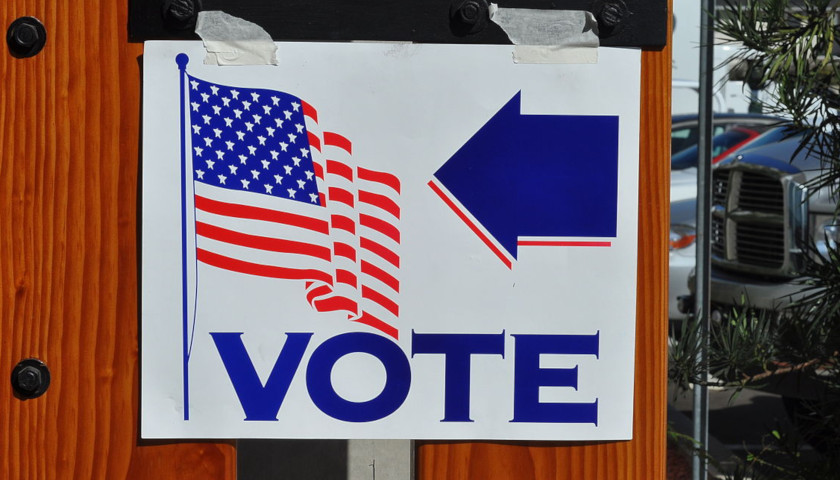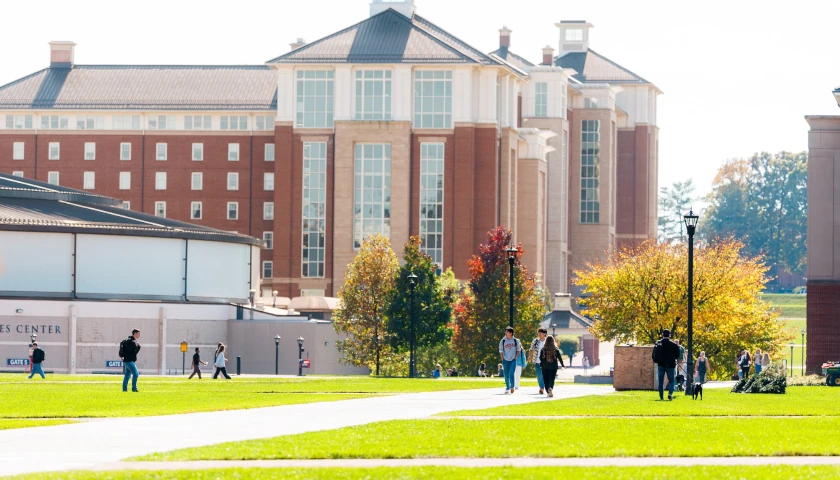by Scott McClallen
The American Civil Liberties Union (ACLU) says that Minnesota’s voting restrictions for felons serving probation is unconstitutional.
The ACLU of Minnesota filed Schroeder v. Minnesota Secretary of State in Ramsey County District Court, filed this week, claims due process and equal protection violations under the state Constitution.
The lawsuit names four plaintiffs with felony convictions who are barred from voting while on supervision or probation.
“No legitimate or rational government interest is served by barring people from voting while they’re on probation,” ACLU-MN staff attorney David McKinney said in a news release. “The criminal justice system is supposed to be about reform, redemption, and reintegration into society. Denying people the vote flies in the face of these goals while violating a fundamental right.”
Craig Coleman, a partner with Faegre Baker Daniels law firm, said the restrictions were unfounded.
“Minnesota has never articulated any justification for disenfranchising citizens who live in our communities following a felony conviction, and none exists,” Coleman said in a news release. The exclusion of these citizens from the political process is fundamentally wrong, undemocratic, and corrosive to constitutional governance.”
The number of offenses considered felonies in Minnesota has increased from fewer than 100 in the 1980s to more than 400 today, attorney Mark Haase wrote in the Minnesota Law Review.
“The number of people barred from voting is appalling. It’s appalling, and we must do better,” Plaintiff Elizer Darris said in a press release.
Plaintiff Jennifer Schroeder, a drug and alcohol counselor, said she served a year in prison and was sentenced to 40 years of probation. She won’t be eligible to vote until age 71.
“I am dedicated to making a difference in the lives of others. I should have the right to vote for the person who I think will make policy changes that will enable me to be successful,” Schroeder said in a press release. “There’s absolutely no reason that anyone who’s served their time should be stripped of their right to participate in our democracy.”
ACLU staff attorney David McKinney said the decision could restore voting rights for about 52,000 Minnesotans if the ACLU wins.
“Denying someone the right to vote should never be used as the means of punishment, but rather means for reintegration,” McKinney said in a news release. “People who vote are more connected to their community and less likely to reoffend.”
Plaintiff Tierre Caldwell, who works for The Power of People Leadership Institute, is on probation and is barred from voting in school board elections.
“I can’t vote for my kids’ sake for who to put on the school board. It’s hard to encourage your children to vote when you cannot,” Caldwell said. “Voting is the one thing that makes you feel free. Statistics show the majority of people who vote don’t go back to prison. It makes me feel like they can take my tax money but I can’t participate in selecting our leadership.”
The Minnesota Secretary of State said it can’t comment on pending litigation.
– – –
Scott McClallen is a staff writer covering Michigan and Minnesota for The Center Square. A graduate of Hillsdale College, his work has appeared on Forbes.com and FEE.org. Previously, he worked as a financial analyst at Pepsi.
Photo “Vote Sign” by Tom Arthur. CC BY-SA 2.0.




